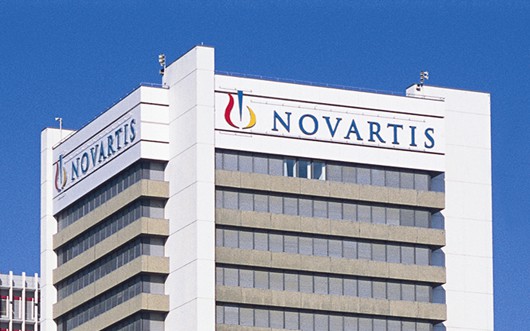
Momentum continues to build behind Novartis’ heart failure candidate serelaxin, with new data from the European Society of Cardiology (ESC) meeting cementing its position as a blockbuster-in-waiting.
A new analysis of data from the RELAX-AHF study has shown that it can provide significant additional benefits on heart failure symptoms and mortality when added to current therapy.
Six-month data from the trial showed that the recombinant relaxin-2 treatment – also known as RLX030 – reduced dyspnoea (shortness of breath) and death rates across all subgroups of patients tested, although Novartis cautioned that “the small numbers of patients in each group limit the statistical conclusions that can be drawn”.
Relaxin is the hormone that modulates the cardiovascular responses during pregnancy by increasing vasodilation and renal function. It also seems to boost kidney function and cardiac output.
The RELAX-AHF data was one of the highlights of last year’s cardiology calendar, with clinicians excited by the prospect of the first new treatment for acute heart failure in more than two decades. Data presented at the time showed that serelaxin reduced the risk of death by 37 per cent compared with conventional treatment at six months.
Since then, Novartis has submitted serelaxin for approval with regulatory agencies around the world, and the US FDA has designated the drug a ‘breakthrough’ therapy. Breakthrough designation means that Novartis will have a higher level of contact with the FDA during the review process, which should also be shorter.
“With RLX030 Novartis aims to bring the first therapy shown to improve longer-term outcomes to patients,” said David Epstein, division head of Novartis Pharmaceuticals.
The results suggest that treatment with serelaxin “is key to halting the downward spiral of organ damage that occurs during an AHF episode”.
Almost a quarter of those who are hospitalised with AHF die within a year, and if approved serelaxin is expected to reach around $600m in annual sales within three years of launch and more than $1bn a year at peak.




